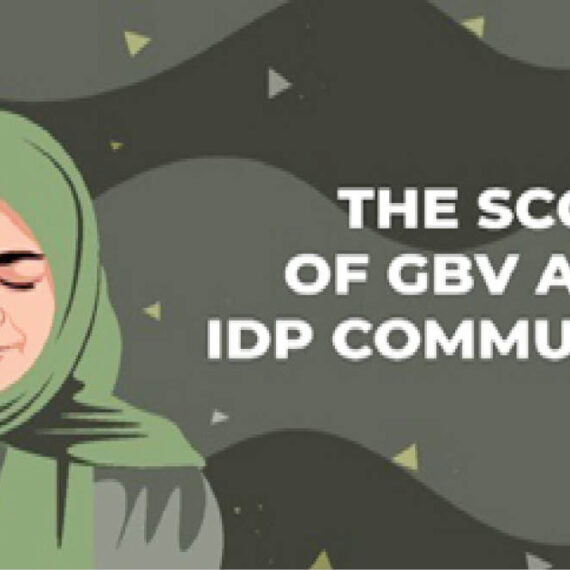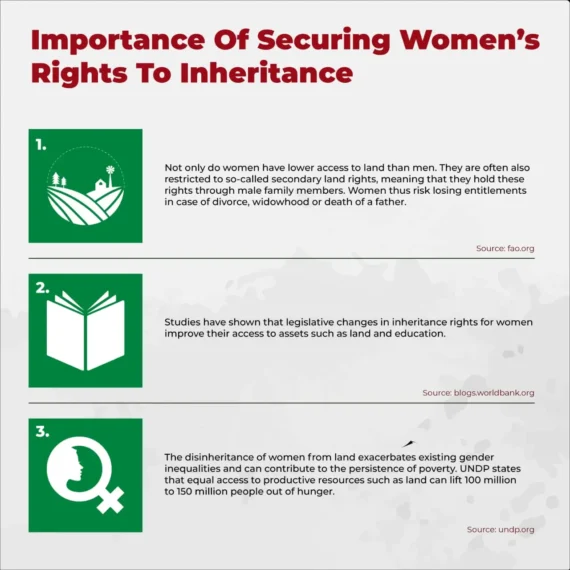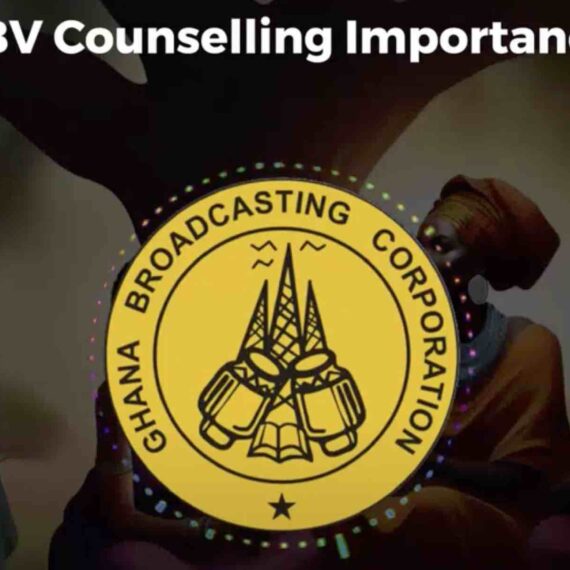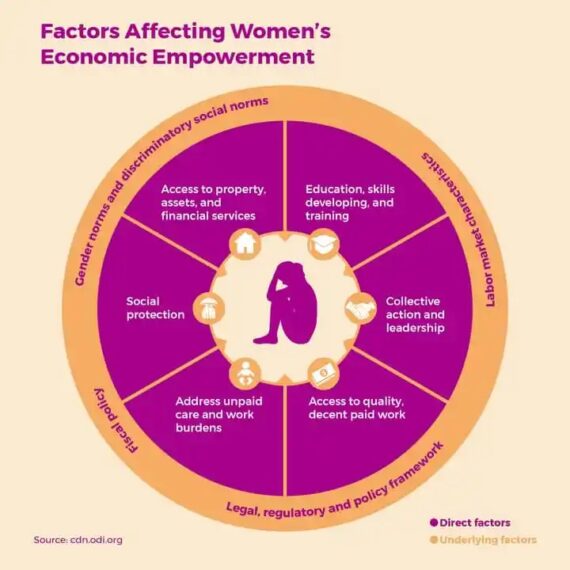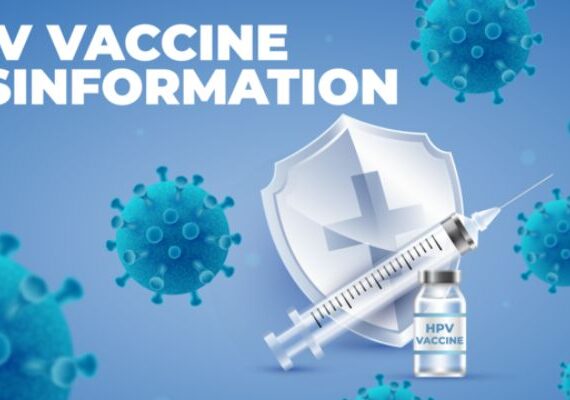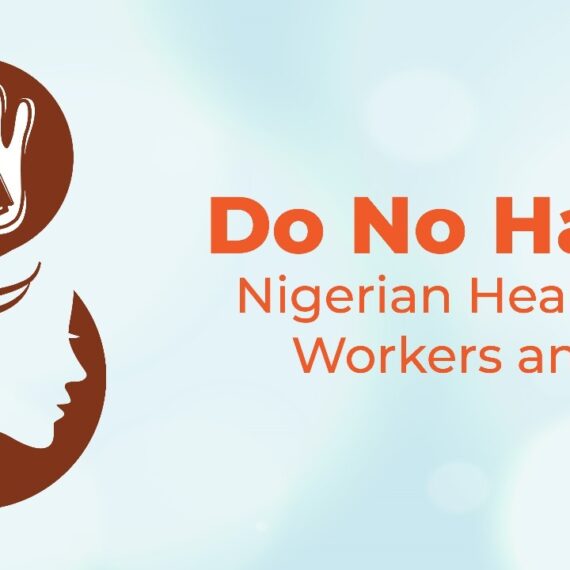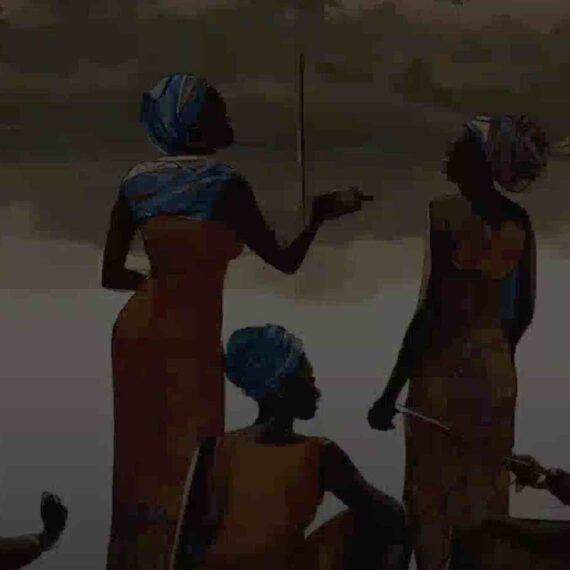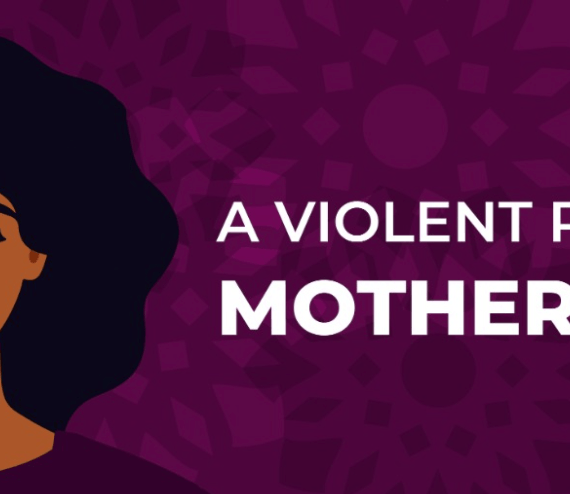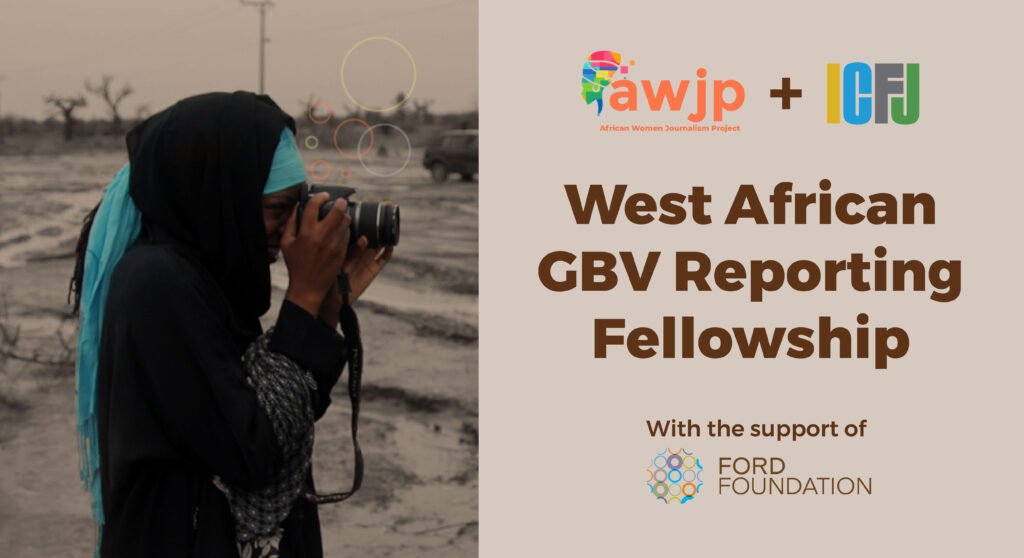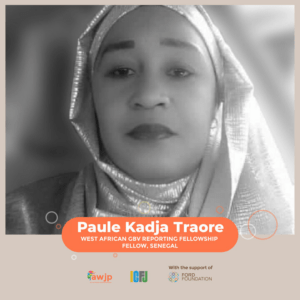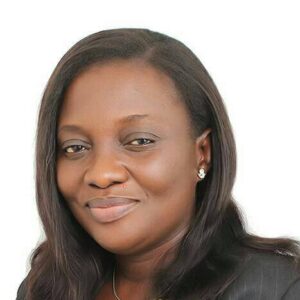Silent Crisis: Exposing Gender-Based Violence Among Internally-Displaced Women And Girls
Having escaped insecurity in many parts of northern Nigeria, displaced women now face a new challenge in camps. Here, they are exposed to sexual violence in the form of sex-for-food and other forms of gender-based
New hope for women rejected for childlessness
Accra, Aug. 5, GNA – In many parts of Ghana where having children is prized as the main reason for a woman’s existence, women are blamed for a couple’s childlessness and thrown out of their
Women’s struggle to own land
In 2022, the World Bank’s gender data highlighted a crucial fact: Nigerian sons and daughters have equal rights to inherit assets from their parents. Moreover, the Nigerian Constitution safeguards citizens’ equal rights under the law,
Empowering women by challenging inheritance traditions
The Nigerian Constitution protects the equal rights of all citizens including the right not to be discriminated against either expressly or through the practical application of any law. Customary law is also recognised and protected
Importance of Psychological Counseling to GBV Survivors
Survivors of GBV experience a range of health, psychological and social challenges. They need care and support to deal with the shame, guilt, fear, depression and other responses to the trauma they have experienced. Stakeholders
The coconut trade: A path to women’s empowerment
Accra, Aug. 13, GNA – In the bustling Agartha Market in Koforidua, a remarkable transformation is observed as women break barriers and reclaim their economic independence through coconut trade.
Unmasking the Silent Saboteur: How Misinformation Affected Kenya’s HPV Vaccine Uptake
The human papillomavirus (HPV) accounts for 99.7% of all cervical cancer cases, and two strains of the virus – HPV 16 and 18 – are among the vaccine-preventable subtypes contributing to over 70% of all
Breaking the chains of the cut: Why Nigeria’s medicalised FGM rates are still high
Nigeria has made strides in the reduction of FGM, but it remains widespread, with a significant percentage performed by healthcare professionals, despite overwhelming medical evidence and legal measures against it. In this report, Emiene Erameh
Sex for Fish – Providing Safe Spaces for Survivors
Did you know that over 600 million people in the world rely on fishing to earn a living? These men and women feed over 3.3 billion people, nearly half the world’s population, every year.
A violent path to motherhood
Womens’ voices are heard rarely in many developing countries like Nigeria. In some communities, women must speak through a man – either their son, nephew or any other male relative— no matter their wealth and
